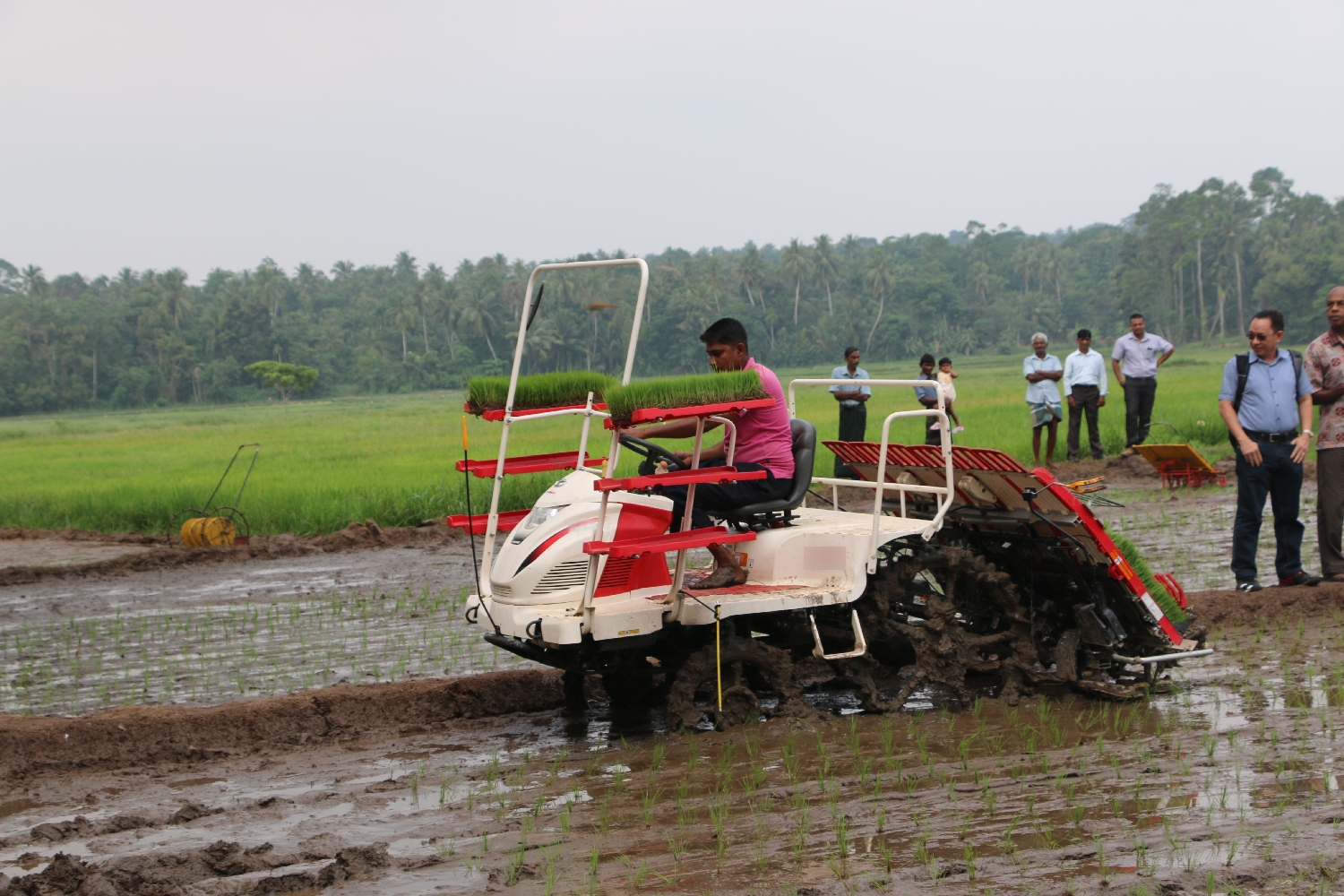CSAM Mobilizes Additional Resources to Promote Sustainable Agricultural Mechanization in the Asia-Pacific Region

CSAM has successfully leveraged additional project funding from diverse sources to promote sustainable agricultural mechanization in the Asia-Pacific region. A new project titled ‘Enabling sustainable and climate-smart agriculture in Cambodia, Indonesia and Nepal through mechanization solutions for integrated management of straw residue and air pollution monitoring’ was awarded to CSAM by the China-ESCAP Cooperation Programme in February 2021. In the backdrop of the severe environmental and public health consequences caused by the burning of straw residue, this project will build upon the positive results of an ongoing CSAM regional initiative by testing, adapting and demonstrating mechanization-based solutions for integrated management of straw residue in three countries, namely Cambodia, Indonesia and Nepal, thus promoting sustainable and climate-smart agriculture. In addition, CSAM will lead the component on sustainable agricultural mechanization of another ESCAP project awarded in 2020 titled ‘Strengthening the capacity of Democratic People’s Republic of Korea (DPRK) in data and statistics, resilience and connectivity for implementing the 2030 Agenda for Sustainable Development’ which is supported by the Government of the Republic of Korea. The CSAM-led component will build relevant capacities of key stakeholders in DPRK, provide advisory support, and facilitate DPRK’s engagement in CSAM’s multilateral or regional platforms and networks.
As a regional institution of ESCAP dedicated to promoting sustainable agricultural mechanization in Asia and the Pacific, in recent years, CSAM has endeavored to promote a wide range of programmes and activities, including capacity building, policy dialogue, technical and knowledge exchanges, and establishment of cooperation networks. These programmes and activities have provided substantial opportunities and key platforms for countries in the region to increase their access to mechanization solutions, especially for smallholder farmers and other vulnerable groups, and have contributed to progress towards the relevant Sustainable Development Goals.
